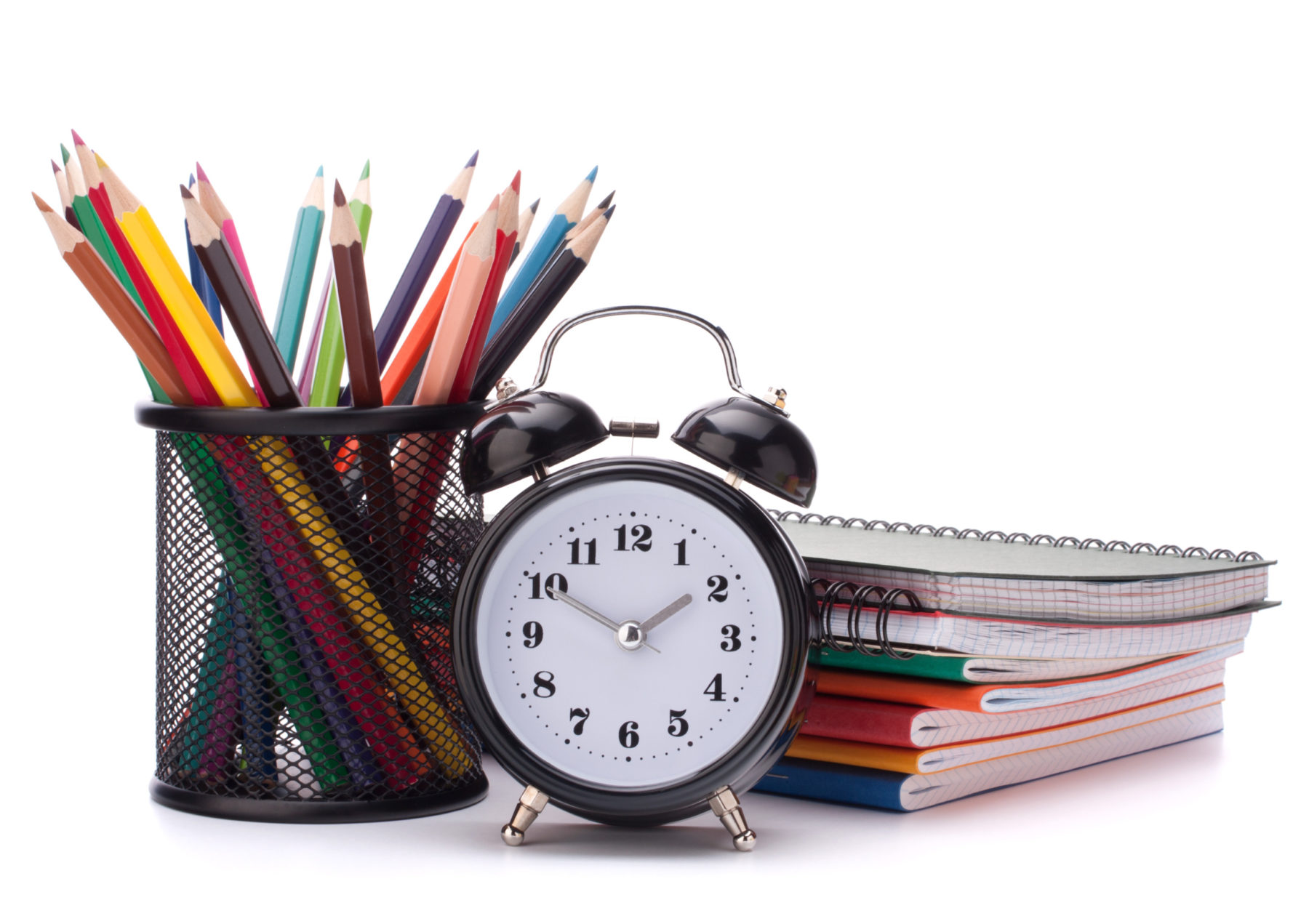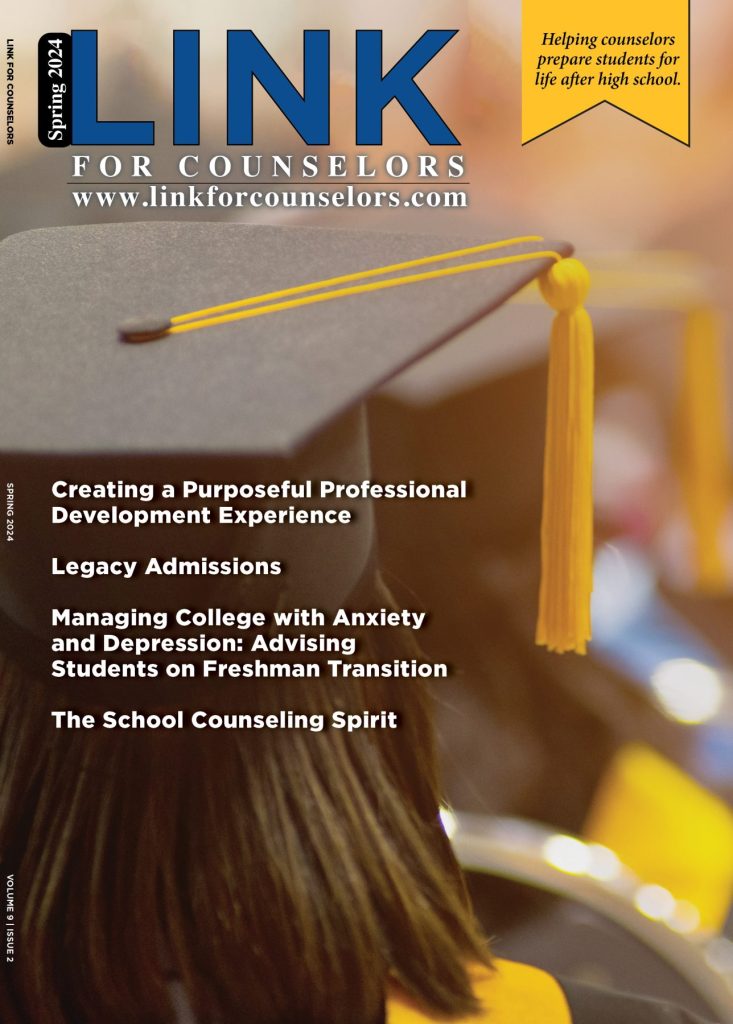Successful Study Secrets to help your students
You are probably not surprised to learn your students don’t need to be academically gifted to get good grades. The key to academic success is to study smarter not harder. You can help your students stress less and still have free time if you help them hone study strategies now. As a result, their grades could improve and the amount of time spent on studying should go down. By getting involved in this way, you can make a real difference and give your students an academic edge by instilling good work habits early on that have been correlated with academic success.
Educators nationwide will tell you often, the difference between a straight A student and an average student is the use of learning strategies that work best for that individual. Successful students follow smart study habits to produce
the best results. It’s never too late to help your students develop first rate learning strategies. By doing this they will stay on track all school year and improve their attitude towards schoolwork. It takes a winning combination of
these skills to achieve academic success. If you encourage your students to follow these simple but effective learning strategies you can make a big difference, keeping your students on the right track so they will ace the
next test or assignment…
What’s Your Students Style?
We call this the preferred learning style. No two students study the same – what works for one may not work for another. By unlocking the way your student learns best, they will be more motivated and better able to meet their unique learning needs. By studying smarter not harder, even in subjects they may have struggled with, they will do better academically. If your student is a visual learner, they will feel less frustrated when they can incorporate
seeing into their studies. Encourage them to use highlighters, different color markers, and flash cards. If your student
is an auditory learner, they will feel less frustrated if you help them incorporate hearing into their studies. Encourage them to record lectures and listen later. If your student is a kinesthic learner, they do best with hands-on learning and need to be totally engaged to get the material.
Encourage Students to Put the Spotlight On Learning!
Being able to stay focused and seeing work through the end will help your students in everything they do. Ensure
that they are prepared to dedicate 100% of their energy into learning. In fact, 20 – 50 minute chunks of highly focused and
intense studying is more valuable than two hours of ineffective work… Remind them that talking on their cell, updating status on Facebook and listening to music while studying really isn’t effective– it’s distracting. Through this multitasking, they will be less likely to absorb or retain the information they need to do well on school work. Limit distractions and interruptions by making email, phone and television off limits while doing schoolwork.
Encourage Learners to take A Break!
Marathon study sessions are not as effective as studying with built in short breaks to renew energy and focus. Taking breaks helps productivity but shouldn’t last more than a few minutes…
Teach Students it’s all about time!
No time like the present for students to learn how to use their time wisely and strike a balance between schoolwork,
social life and extracurriculars. Time management is a learned skill that promotes achievement. Encourage students to keep assignments and test dates in a planner. Help students audit their time use – what does a typical day look like for them? Record everything down from clubs, youth groups, chores, and homework. Then find the right time to study, which is when your students do their best work. If they are sharper early in the day, don’t let them put off
complicated assignments to late in their day. Encourage them to devote time on each subject to review for ten minutes a day so they stay on top of concepts taught. Coach kids to avoid over schedule –by overcommitting, kids can become overwhelmed and grades will suffer.
Help Students Put First Things First!
Help students decide what has to be done when and prioritize by deciding what needs to be done when. If they
are having a final in two weeks encourage them to start studying two weeks prior. Set the expectation that they need to spend a little time each night reviewing materials. Check in with your students frequently to see how their
to do list is evolving and how they are prioritizing new assignments. Help kids break down big projects
into smaller, more manageable tasks; work together to develop a good system to stay organized, in
a way that will motivate them to use the system.
Teach Study Smarts!
Early in the school year encourage your students to study actively by asking questions, reviewing notes, and discussing key concepts, or try making a study sheet by condensing the information onto one at–a–glance sheet. Encourage kids to go over notes every day while the class is still fresh –add missing pieces of information
and compare notes with a study buddy to reinforce learning. Suggest students keep two notebooks for each class –one a rough draft to jot notes during class and the other to rewrite their notes and organize them using highlighters,
and making flash cards for key concepts. Or help them find a classmate who is struggling with the topic and teach it to them to understand it more fully and commit it to memory. To increase motivation, help your students
find out why what they’re learning matters, by connecting it to everyday life.
Encourage Struggling Students To Seek Out Help!
Sometimes even though students are paying attention in class, doing assignments and studying for
tests, they don’t get the material. If this is the case, it’s time then to ask for extra help from the
teacher who may be able to spend additional time with them after school to explain things more
clearly. You can also talk to the parent and help them connect you with a tutor. Let them know
many schools and public libraries have volunteers who offer free help before or after school.
Encourage Your Students to Go for It!
Help your students set educational goals that are challenging but realistic for their age, maturity and ability.
Discuss the value of education often and set high standards for their work, striving for excellence
not perfection. Encourage students to attend programs and take advantage of educational events in your community. Prompt your student to regularly go to the library, museums, zoos and planetariums, and other
places of interest to boost learning, bring lessons to life, and make learning more meaningful.
Dawn Marie Barhyte is a widely published freelance writer and former educator who continues
to touch the lives of young people through her writing.




